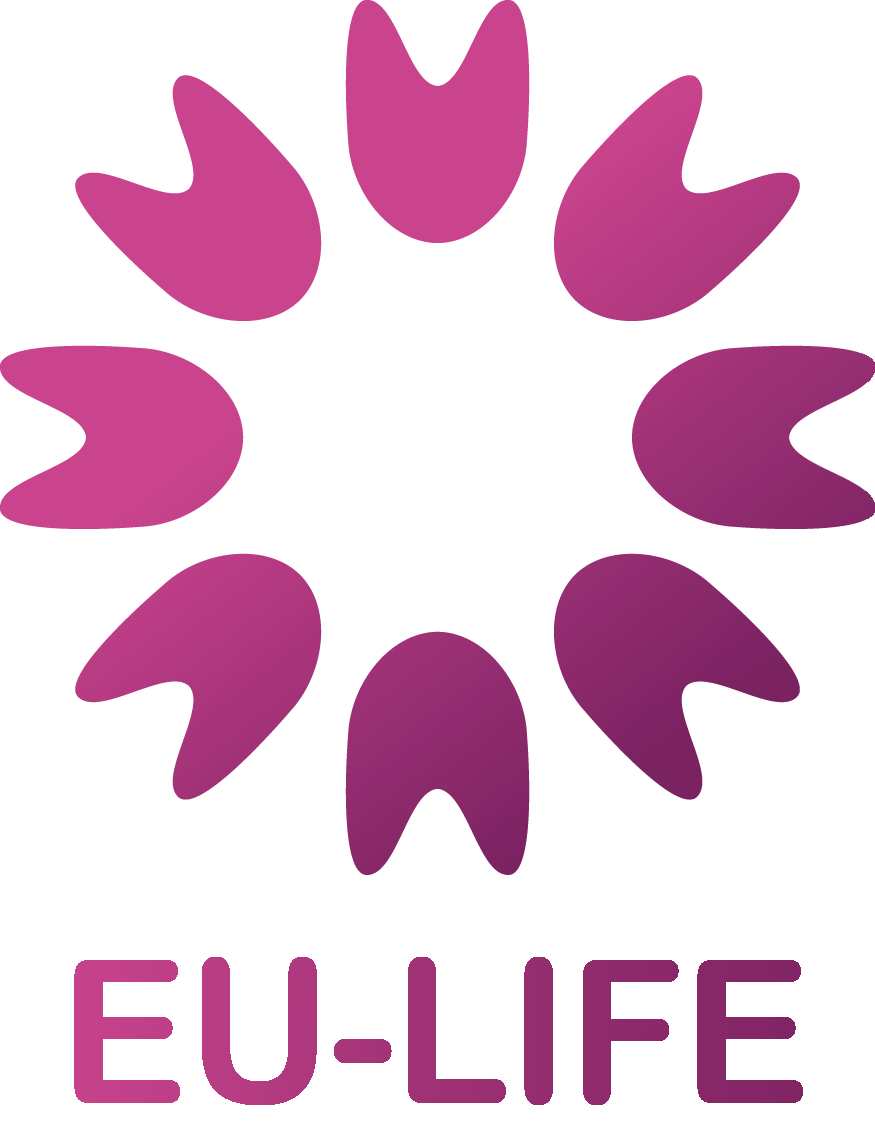Helping research open up to society in new EU project
EU-LIFE Science Newsletter 3/2016
Collaboration News from CRG, MDC, BI and CEITEC
ORION is a new collaborative European project to explore ways in which research and funding organizations in life sciences and biomedicine can open up the way they fund, organize and do research. CRG, MDC, BI and CEITEC, each leading a work package, are among the nine partners in the project.
Open science is a core strategy of the European Commission that involves widening participation and collaboration as well as sharing research processes and outcomes to improve research and innovation. All members of the European Union recognise the benefits of open science, but the transition to “openness” is challenging.
ORION, a four-year project with a 3.2 million Euros budget funded under the European Commission’s Horizon 2020 programme, will help research and funding organizations to understand existing challenges in Open Science and implement institutional, cultural, and behavioral changes in how they carry out and manage research. Partners in the consortium represent a mixture of expertise in fundamental research in life sciences and biomedicine, social sciences, funding, science communication, public engagement, and civil society.
Co-creation in academia
At the heart of the project will be open “co-creation” experiments that engage multiple stakeholders and explore different ways to make scientific research more participatory and inclusive. The experiments will tackle questions such as: how can research organisations receive input from a multitude of stakeholders? How can research funding be made more inclusive? How can public dialogue inform research policy and research content? How can citizens be involved in fundamental research projects?
New ways of training and resources
ORION will also generate new training content for scientists and professionals working in funding agencies, to raise knowledge and awareness about Open Science and RRI, Responsible research and innovation. RRI is a concept helping organisations to incorporate the principles of ethics, gender, good governance, open access, public engagement, and science education in their policies, practices and processes. Focus will be on controversial research topics, e.g. animal research, genome editing, personalised medicine or stem cell research, and their medical applications.
Sharing the learned lessons
Partners are committed to sharing lessons learned and case studies with other organisations as well as developing a tailored action plan on Open Science and RRI for their own organisation. The project will result in a wide range of material, training, good practices, reports and publications that will be disseminated freely and widely across Europe.
Partners:
- Fundació Centre de Regulació Genòmica (CRG), Spain
- Masarykova Univerzita (MU), Czech Republic
- The Babraham Institute (BI), UK
- Max-Delbruck-Centrum Fur Molekulare Medizin In Der Helmholtz-Gemeinschaft (MDC), Germany
- Instituto de Salud Carlos III (ISCIII), Spain
- Vetenskap & Allmänhet (VA), Sweden
- Universitat Autònoma de Brcelona (UAB), Spain
- Jihomoravske Centrum Pro Mezinarodni Mobilitu, Zajmove Sdruzeni Pravnickych Osob (JCMM), Czech Republic
- Fondazione ANT Italia Onlus (ANT), Italy
Associated partners:
- Building and Promoting Excellence in Life Science in Europe (EU-LIFE), Europe-wide
- Helmholtz Association (HA), Germany
- Biotechnology and Biological Science Research Council (BBSRC), UK
- Neuron Fund for Support of Science (NEURON), Czech Republic
- eLIFE (eLIFE), World-wide
- European Citizen Science Association (ECSA), Europe-wide
- BIOCAT (BIOCAT), Catalonia
- Foster Platform (FOSTER), Europe-wide
